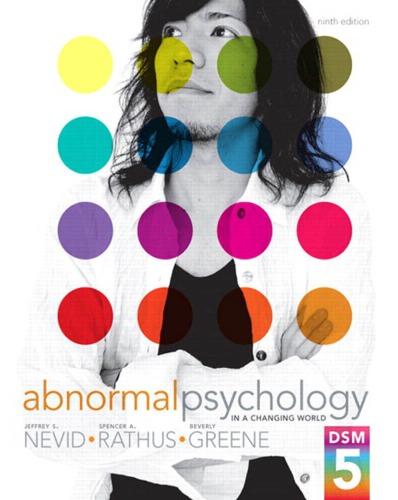1. Why should we not accept claims of recovered memories at face value? A high-level business executives...
Question:
1. Why should we not accept claims of recovered memories at face value? A high-level business executive’s comfortable life fell apart one day when his 19-year-old daughter accused him of having repeatedly molested her throughout her childhood. The executive lost his marriage as well as his
$400,000-a-year job. But he fought back against the allegations, which he insisted were untrue. He sued his daughter’s therapists, who had helped her recover these memories. A jury sided with the businessman, awarding him $500,000 in damages from the two therapists.
This case is but one of many involving adults who claim to have only recently become aware of memories of childhood sexual abuse.
Hundreds of people across the country have been brought to trial on the basis of recovered memories of childhood abuse, with many of these cases resulting in convictions and long jail sentences, even in the absence of corroborating evidence. Recovered memories often occur following suggestive probing by a therapist or hypnotist.
The issue of recovered memories continues to be hotly debated in psychology and the broader community. At the heart of the debate is the question, “Are recovered memories believable?” No one doubts that childhood sexual abuse is a major problem confronting our society. But should recovered memories be taken at face value?
Step by Step Answer:

Abnormal Psychology In A Changing World
ISBN: 107044
9th Edition
Authors: Jeffrey S Nevid, Spence A Rathus, Beverly Greene






